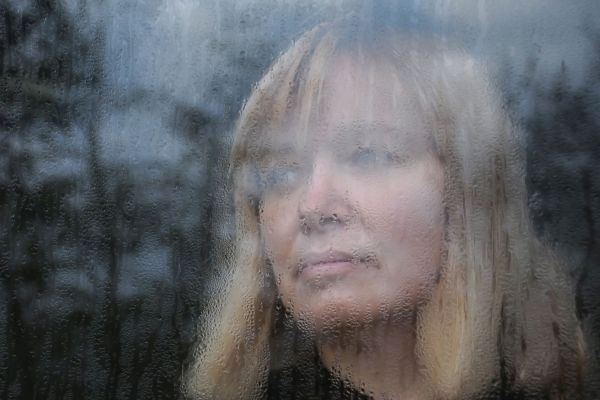The UK government has published its Winter Mental Health Plan which includes a commitment to ensuring everyone has access to the tools and resources they need to stay mentally well.
The government says the plan sets out the support that will be in place in the immediate term to help mitigate the impacts of the pandemic on people’s mental health and wellbeing this winter.
This commitment to ensuring everyone has access to the tools and resources they need to stay mentally well was one of the three recommendations we made to government in our Covid-19 campaign.
We also made a call for a concerted government campaign to help people understand the support available to them, which was launched last week under the banner Help Us Help You.
Narrow offer
While we’re pleased to see a planned, cross-government and evidence-based approach, in line with our core campaign ask, we’re concerned about the narrow offer being made by government.
The plan, which was published on Monday, brings together a number of existing interventions to help people over the winter months. Key measures highlighted in the plan are:
- A commitment talking therapies delivered by IAPT (Improved Access to Psychological Therapies) and children and young people’s mental health community services will continue to be made available remotely so people can access help safely from home, while the NHS will work to ensure the option of face-to-face support is also provided in Covid-secure settings.
- Creation of a network of 40 long-Covid assessment clinics. This will include psychological assessment alongside physical and cognitive assessment, and training for staff in IAPT services on the implications of long-Covid.
- The existing £6.5 million Covid-19 Adoption Support Fund for families with children who’ve left care through an adoption or special guardianship order providing therapeutic therapy such as play therapy, psychotherapy, family therapy and extensive life story work.
- A new pilot led by Education Support to provide online peer-support and telephone supervision to around 250 school leaders, as well as a free 24-hour confidential counselling helpline to all teachers, leaders, lecturers and support staff in education.
- The existing £3 million investment by the Office for Students to fund the Student Space platform to bridge gaps in mental health support for students.
- An extra £15 million to strengthen support for NHS staff to set up system-wide mental health and wellbeing hubs across the country. The hubs will provide outreach and assessment services to help staff receive rapid access to evidence-based mental health services and psychosocial support.
- Continuation of Our Frontline, a collaboration between Samaritans, Shout, Hospice UK and Mind. It provides information, emotional support and access to a crisis text service for those working on the frontline, including social care.
- £10 million of additional investment, previously announced, to support national and local mental health charities, together with a commitment to work with the Mental Health Consortia to distribute £1 million of this funding, which was announced for mental health support lines in the autumn.
Comprehensive plan
Martin Bell, our Head of Policy and Public Affairs, said: “Since the start of the pandemic, BACP and our 27 campaign partners have called for government to bring forward a campaign to ensure people get the help they need, when they need it through a comprehensive plan of support.
“While we welcome this approach, and some additional investment for talking therapies, we’d like to have seen government further extend access to funded counselling and psychotherapy support through a wider range of services and settings, in recognition of the unique needs of people during these most challenging times.
“Last week, together with BPC and UKCP, we wrote to Nadine Dorries, the Minister for Mental Health, to request a meeting to discuss how the counselling and psychotherapy workforce can play a key role within this plan and beyond, as well as calling for dedicated tiered bereavement support to fill an important gap in provision.
“We’ll continue to press the Minister to secure discussions on how we can expand the role of the counselling profession in helping to meet growing need over the winter and beyond as the mental health impact of the pandemic continues to emerge.”

Coronavirus: Seek mental health support if you need it
We welcome new NHS campaign and call for a wider range of opportunities to access therapy

Coronavirus (COVID-19)
Guidance and resources for members

Tackling the mental health consequences of coronavirus
Back our COVID-19 campaign to reaffirm the critical role that counselling and psychotherapy needs to play in supporting the nation through the coronavirus crisis and in helping to repair it afterwards.
